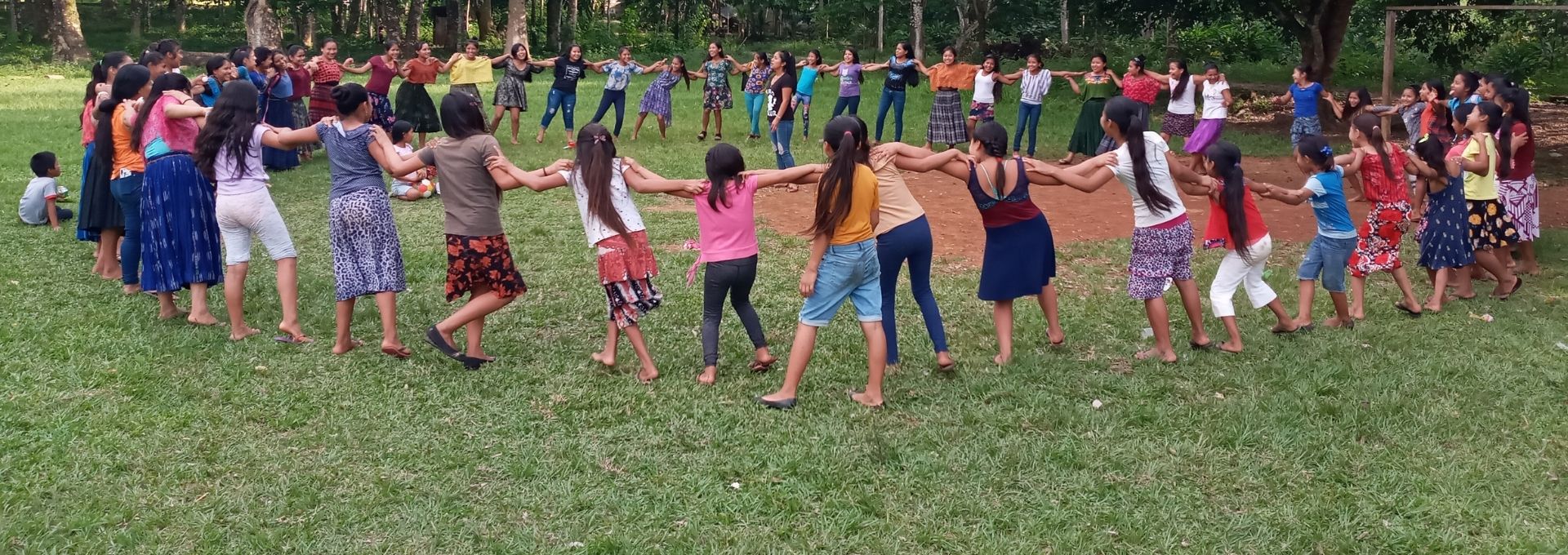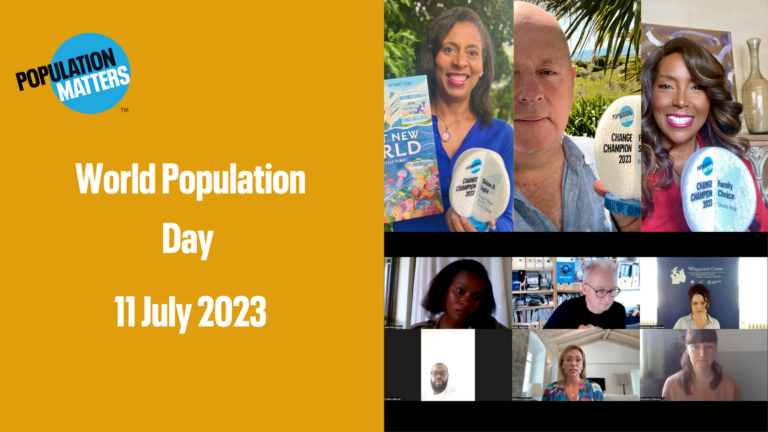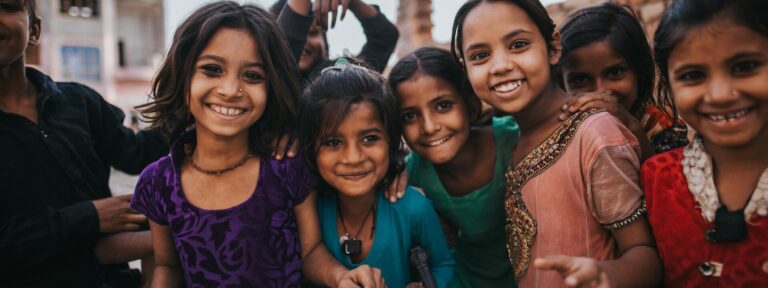
Education: The key to health, empowerment and equality
Last month, Ekaterina Zhelenkova, a researcher at the Wittgenstein Centre for Demography and Global Human Capital and a doctoral candidate at the University of Vienna, joined our panel of experts for our event, Is Education the Magic Bullet? As a follow-up to her presentation, Ekaterina discusses the importance of education to development and quality of life.
The importance of education on the trajectories of human life can hardly be underestimated, although its footprints are not always clear at first sight. It is no easy task to capture all the benefits it offers nor to give due appreciation to the formidable extent to which those benefits go and how they shape the wider society.
Yet one thing remains certain: education is the strongest force for human development and a reliable determinant of individuals’ and communities’ quality of life, as well as of the directions in which their lifepaths will go.
Education and health
The areas in which the impact of educational processes stands out the most prominently are reduced mortality, morbidity and fertility as well as increased equality, empowerment and employment. Scientific data supports the existence of a strong relationship between education and health determinants such as health-conscious behaviours and pro-health preventive practices. An educated individual is more likely to have the knowledge and information helpful for survival, but also the skill to access and effectively utilise the information needed for better health-related outcomes, aiding survival.
Further, schooling develops basic cognitive functioning and teaches individuals how to think logically, critically analyse data, solve problems, and implement plans. Education fosters health and longevity by equipping individuals with the socio-psychological capital necessary, not least because people with more education have a higher emotional capacity, in addition to greater potential for instrumental support. As noted, better-educated individuals harness the triad of acquired knowledge, available information and their own experience to minimise health risks. Therefore, the information will result in greater benefits if it falls on fertile ground, i.e. if it is consumed by educated individuals who can glean more from it and better avail themselves of it.
IS EDUCATION THE MAGIC BULLET?
Ekaterina recently spoke at our webinar on World Population Day, which you can watch back below.
Maternal Education and wealth
A US study found that as little as one additional year spent in education can limit the probability of dying in the next 10 years by approximately 3.6 percentage points. However, even acquiring basic literacy could make a substantial difference in consumption and application of health-related information of an individual, but also of that individual’s dependents.
Maternal education is crucial for not just the life of the mother and her post-birth well-being, but also for the survival of her child. A recent study in Ethiopia found that primary education among women is associated with a 28 per cent reduction in the odds of infant mortality incidence compared to infants born to illiterate mothers, and secondary education and above was associated with a 45 per cent reduction in the odds of infant mortality compared to those infants who were born to illiterate mothers.
UNICEF further points out that across much of South Asia and Sub-Saharan Africa, children of mothers without any education are nearly 3 times more likely to die before reaching the age of 5 than children of mothers who completed secondary education. Moreover, maternal education has been found to be an even more important factor than household wealth. The data from 174 countries between 1970-2015 showed that the empirical association between income and health is largely spurious, education being a much better predictor of both child mortality and life expectancy than wealth.
Impact on fertility and empowerment
Better education also leads to changes in fertility behaviour. Increased female education is associated with declining fertility in almost all countries, indicating a preference towards smaller families for reasons that are both biological and social.
First, a woman’s education reduces the mortality of her children, which means that ensuring the survival of her offspring no longer warrants bringing as many children into the world. Second, education delays the age of marriage and childbearing. Third, education enhances a woman’s employability, and, if she does join the workforce, her professional life is likely to vie with childbearing activities. A woman’s value of time and opportunity costs also change.
Fourth, women with more education have social networks with lower fertility, where people embrace similar approaches to delayed, re-evaluated, and reduced reproduction. Fifth, through education, women become better acquainted with newer methods of contraception, augmenting the prospects of widespread contraceptive use. Finally, more female education leads to female empowerment and enforces social and family dynamics favouring gender-egalitarian arrangements.
Education is essential
There can be little room for understatement when discussing the importance of education as far as human development is concerned. One would be hard-pressed to identify time periods and cultures in recorded human history where education or at least one or other form of ‘knowing’ was not treasured and essential for the survival of a community. Religious or secular, liberal or scientific, sanctioned by custom or innovative – in whichever of its many shapes and forms education historically materialised, humans invariably considered it a vital prerequisite for the improvement of every society.
_________________________________________________
Ekaterina Zhelenkova is a researcher at the Wittgenstein Centre for Demography and Global Human Capital and a doctoral candidate at the University of Vienna. Her work deals with human capital and demographic analysis, with her current projects focusing on the demographic dividend and exploring the relationship between labour force participation and educational attainment in developing countries. She aspires to advance the field of population economics and promote sustainable human development.

The views expressed in guest blog posts do not necessarily reflect the opinions and position of Population Matters.



